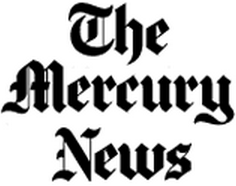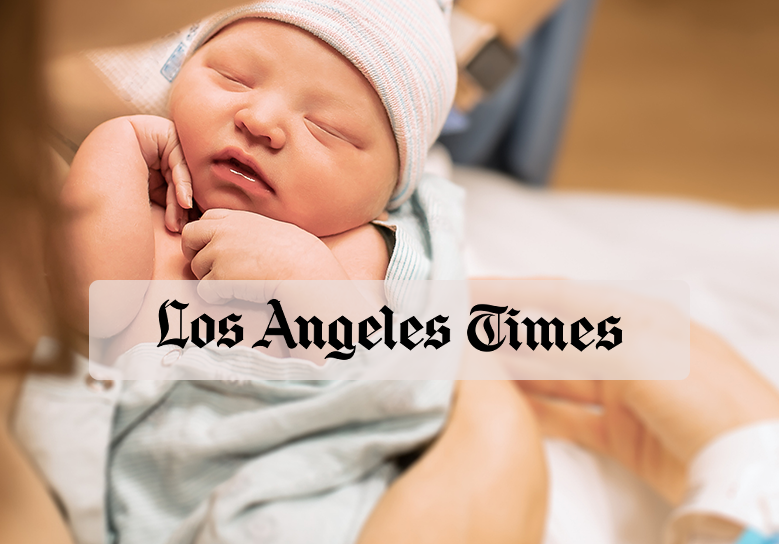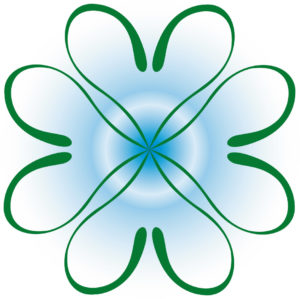
Through her 20s and early 30s, pediatrician Kristie Manning was so neck-deep in medical school and training that she had no time to focus on having children. Still single, the Pleasanton native isn’t ready to start a family by herself.
So she bought herself some time. In May, facing the biological threshold of age 35, when a woman’s fertility takes a steep dive, she went to the California Pacific Fertility Center in San Francisco and had 14 eggs removed and frozen for future use.
For Manning, those eggs represent an insurance policy of sorts. Even though she’s not sure if she will ever use them. Even though there’s no guarantee any of the eggs will one day provide a baby. Even though she paid dearly for them.
Manning is among a small but growing number of women in the Bay Area and nationally who have seized on recent advances in “oocyte cryopreservation” to widen the window of time for starting a family.
Over the past decade, clinics that provide reproductive services such as in vitro fertilization have offered egg-freezing to women facing chemotherapy for cancer or other medical issues that could affect their fertility. In the past few years, however, the technology has improved to the point that it’s no longer deemed “experimental,” and clinics have begun touting it as an option for women who delay starting families in order to pursue advanced degrees, build their careers or meet a suitable partner.
Fertility clinics, including those in the Bay Area, report a rise in egg-freezing procedures in the past few years. The Pacific Fertility Center saw a 277 percent upsurge in cases from 2011 to 2013, while the Reproductive Science Center in San Ramon has seen the number of its cases triple since 2012.
Egg-freezing allows women to preserve their own genetic material for future in vitro fertilization, an option that in some ways gives them more control over their reproductive futures.







